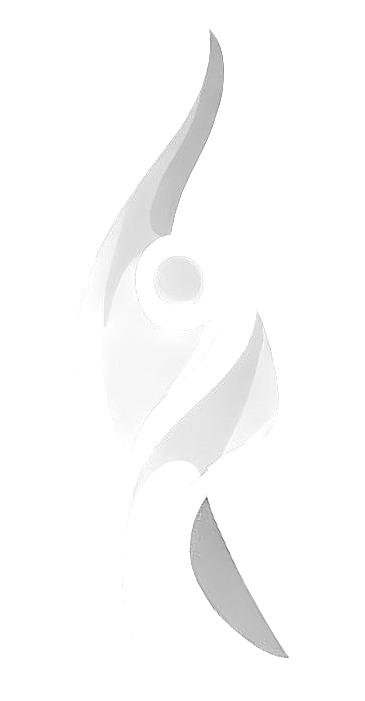Prometheus: The Great Comedy
by Ross Calvin
Prometheus is depicted almost exclusively as tragic. Or even worse, hubristic. This (deliberate) misrepresentation partly explains why he is not erected in every town square or every harbor entrance as he should be. This inversion betrays a non-native victimhood pseudo-culture overlayed in the place of a native culture of genius and creative might which is true to humankind and the eons of triumph to which we are heirs.
Statues, paintings, stories and film depicting Prometheus most often show him chained to the rock in a state of ordeal, with his liver being eaten by Zeus’s minion eagle. But this feature of Promethean mythos is there precisely to convey the exact the opposite meaning as depicted by those who focus only on the torture.
The attempt to reduce Prometheus to a victim is so he may be co-opted into this pseudo-culture, such that his essential truths can be negated while the gravity of his symbol can be used to launder the true credo of this opposing victim-sacrificing ideology. Similar language laundering exists today in terms like:
· “equity” (ethnicity-driven royalties, not responsibility for capital value)
· “progressive” (social conformity, not economic development by industrialists)
· “liberal” (neo-feudalism, not self-sovereignty)
· “money” (red-cabbage claim check, not hard final commodity in exchange)
The enemies of the Promethean mythos use his symbol to depict his opposite
Hermes descends from Olympus to tell enchained Prometheus that if he merely recants and pledges allegiance once again to Zeus, he will be set free and his pains will end. To this Prometheus replies, “I care nothing for Zeus let him do what he wills.”
Prometheus was loyal to another principle. A human principle. By not reneging on the human principle, he demonstrates the human principle is far more powerful, more noble, more beautiful, and more genius than the capricious diktat of Zeus. This is the purpose for illustrating him bound and tortured. It calls all of us to remember that ordeal for the sake of noble creativity and over-the-horizon thinking is built into Man. We are built for ordeal.
He demonstrates that those principles of Man, the capacity for forethought and creative will, are the genuinely meaningful and important traits of our nature and that our suffering, our ordeals and challenges, at the end of the day are just in fact uninteresting.
Man is not defined by our ordeals as victimhood pseudo-culture would have us believe. We are defined by our overcoming, our excellence and our power.
The inertia and the red tooth and claw of nature represented by Zeus and the Eagle of the Caucasus is precisely the reason mankind is imbued with instincts for beauty, nobility, creativity, adventure and for exceptionalism. Far from tragic, Prometheus is the archetypal heroic figure. His triumph is a comedy. His incredible wins are demonstrated in the survival and flourishing of Man himself.

Suffering? Get over it. It’s par for the course. This is what the chains and the ordeal of Prometheus tell us. That by his nature as a forethought-driven entrepreneur and craftsman, his fate is to suffer at the banalities and vitality-hating, ressentiment-filled masses.
Even more ancient than Shakyamuni, the Promethean mythos tells us that the Dharma wheel must not be broken merely because the first observation of our nature is that it involves suffering.

Prometheus’ is a comedy, a story with a triumphant ending. From Man’s first inventions, all the way until now, the Geist of Prometheus has been animating our history. And we are here as his heirs, surrounded by the incredible riches of Techne, all sought relentlessly and often unintentionally by Man pursuing his simple and unannounced instinct: to build beautiful things.
It is the modern Cult of Zeus which wants us to believe in Prometheus as victim
Prometheus is depicted as a tragic figure tortured for eternity by the very culture that wants us to revel and wallow in suffering, which valorizes alienation and victimization to this day. This culture still worships Zeus – the jealous, thunderbolt wielding sky deity which demands conformism, separation from agency, technological retardation, the capricious diktat of bell-curve-topping joinerism. The weak instinctively recognize that the proud, the noble and the strong will come to outgrow them, will take their genius and noble ordeal and go elsewhere. And because they are reliant on the enmeshment with and the later discard of the strong as scapegoats, they instinctively look to subvert and sabotage those who would leave them. The story is not that Prometheus is the tragic figure, but that it is Zeus who is the tragic second-hander. Zeus, the jealous vengeful second hander, not great, but dependent. Petty Zeus, the god of the scapegoating classes, the god of curdled ressentiment. Zeus, the god of Cain and Job. Zeus, the god of the Soviet and the Maoist.
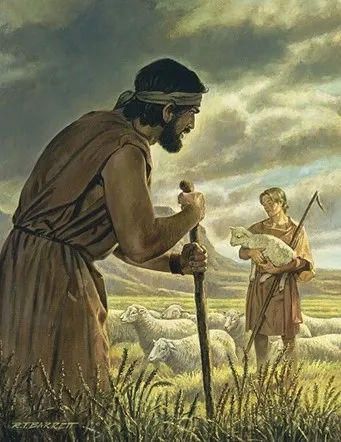
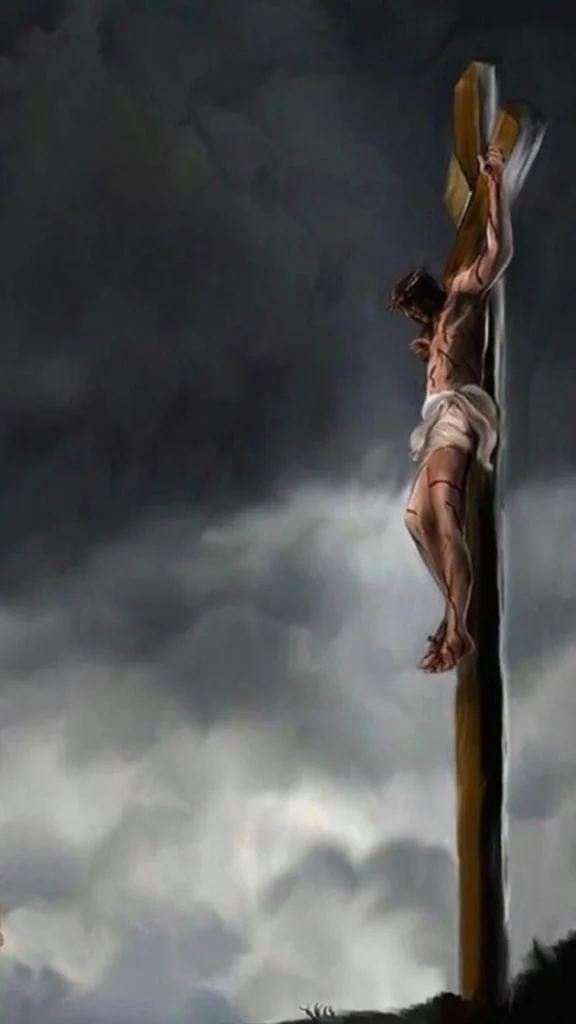

Prometheus is depicted as having “stolen” fire. The theft was “hubris” as though doing the thing that comes most exquisitely naturally to Man, creative forethought and achievement, was in fact illegitimate theft! If enough can be duped into apologizing for the greatness of their natural inner ability, in their confounded obsequiousness they will render more sacrifices the pseudo-culture depends on for sustenance. This was the first version of Original Sin, far more insidious than the Talmudic/Biblical/Quranic rendition, that Man’s authoritative capacity, self-possessed strength, and willingness to follow the dharma was illegitimate and shameful. Depicting Prometheus as technological creator and truth dis-coverer as a form of tragedy emphasizes him as a violator of the tenants of Original Sin, not as a symbol of what is mighty, triumphant and sustaining about Man’s nature.
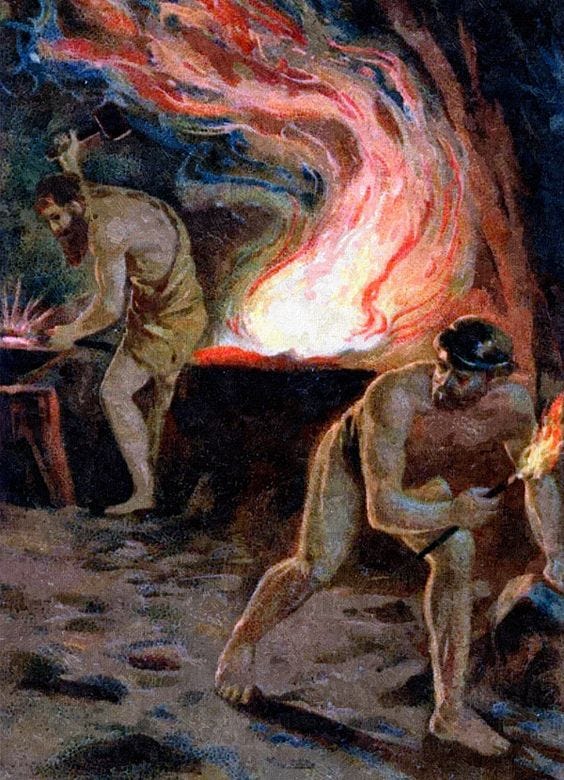
Both Shelly in Frankenstein and Ridley Scott most recently defame Man in the rubric of this original sin. Prometheus is slandered in order to slander Man’s fundamental archetypal power. Instead of ushering in a warm future through risk-taking and endeavor and invention, they depict human creativity itself as a monstrosity and a horror.
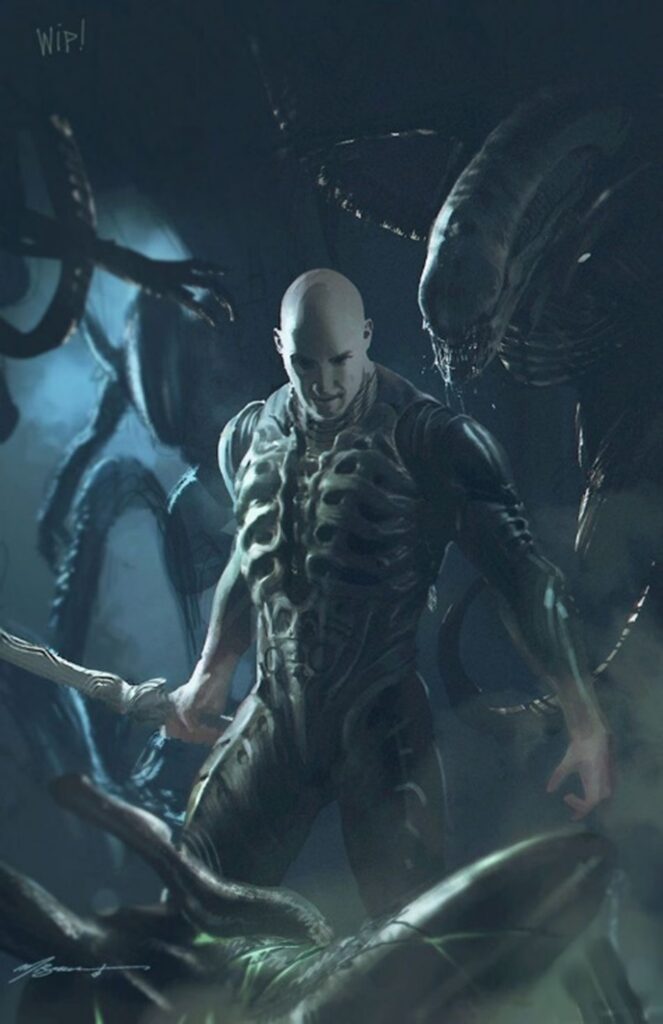

Sacrificialism is Crack
Religions which elevate victims, which establish cults around victims, fall into the gravity well of a bizarre dichotomy. They elevate the victim as having had the power to save everyone, up to the level of a god, a messiah – whereby a messiah must be a God in that he possesses the responsibility cult members lack. But because he is more powerful and more responsible, he then must be the one who is scapegoated and sacrificed for what he did not do on behalf of the sacrificers. Entire religions are used as a ploy to engage in base sacrificialism.
The targeting of the most responsible and the most valuable enchants the sacrificer. And it doesn’t end in religion. The sacrifice of Jesus was an apex of a bolshevik Leninism. As if to say: “Oh, you ram sacrificers. I’ll see your goat and raise you not just a man, but the actual son of God. The most precious and most noble thing we have we will sacrifice it and drain it of its perks and benefits for us. It wasn’t until the actual bolshevik era that they declared: “I’ll see your god and raise you religion itself, burned at the stake to “honor” the state.” The ideology calls to retain the scapegoating sacrificial cult, but dispense with the deity to whom you owe fidelity, the deity which reminds you of the very original sin you concocted to justify the sacrificing in the first place. Sooner or later the reductionism fully decays, as if to say, “just murder those slightly better than you.” Today it seems we are in the last stages of sacrificialism, in the midst of sacrificing the state and entire ethnicities to the currency.
And neurotic focus on victimization also accompanies apocalyptic thinking, and the ruthlessness of victimization of the scapegoat is the mirror image of the fear of the impending apocalypse. Conveniently, the worse the impending apocalypse, the more justified the narcotic of sacrificialism.
The greater the neurosis and fear, the more fragility and clinging there is to the middle of the herd. The more herd-like and rigid the belief in the power of sacrificialism, and of the scapegoat’s power to remove Original Sin and spare the herd from apocalypse, the more unashamed the Zeus worshiper and the more pathological the appeals to authority.
The inversion becomes so deep, it were as though knowledge itself becomes something which must be dispensed from on high. “Follow the science!” they say as though it were their property. “People smarter than me told me this was true and I’m sure they would’ve spotted it if it weren’t.” It is though humanity has lost touch with how to establish a base layer for anything, relying exclusively on received wisdom from counterfeiters.
An intelligence composed of facts received entirely from authority is the categorical opposite of an intelligence built to bootstrap its way within an absence of knowledge.
The bootstrapping intelligence, the Promethean intelligence, which finds its way through observation, deduction, method and above all, an interior vision of meaning and beauty, is what Man is built for.
The capacity to bootstrap a usable understanding of an environment from a position of zero knowledge is what Man’s nature is geared to do. From the earliest primitive gatherings around firelight on an empty world.
Expansionary, experimental, individualistic behavior, unconstrained expression, truth seeking and un-concealment of commonly held suppositions (the original meanings of “science” and “philosophy”) both lack the linearity and legibility demanded by sacrificialist religions, and also jeopardize the evermore fragile, homeostasis to which the scapegoating messianic cult is clutching.
And when the dispensers of so-called “knowledge” come to tell us that man is woman and 2+2 = 5, they are working to unhook us from our capacity to think well enough to act in our own interest, to plow all our precious attention and consciousness into the Current Thing. The pathologizing of conduct meant to derange, the war on metacognitive integrity, is meant to make us believe Man’s native agency is satanic, comically deriding Prometheus as Lucifer, Ba’al and Set.
Prometheus’ chains were made by the very god Haephestus, from whom he rescued the fire in the first place. The great technologies have all had dual uses for progressive abundance or harm. What is most central is the Promethean instinct to build beauty which guides Man instinctively through the ordeal. Knowledge is not dispensed from Olympus, seeking it is within our nature. Invention must proceed.
Salvation, liberation, and civilization are generated by the Promethean instinct of the Pursuit of Happiness (the spirit which gives life to Beauty and Genius) on the right tails of the bell curve. It’s no coincidence that this section of a distribution is also the mathematical inverse of the inertial core of Zeus-worshiping. Prometheus was a loving engineer, who fashioned the pursuit of happiness into our being as an intimate internal guidance system for the seeking of nobility, beauty, creative discoveries and the capacity for metamorphosis to achieve our ends and abide our dharma.
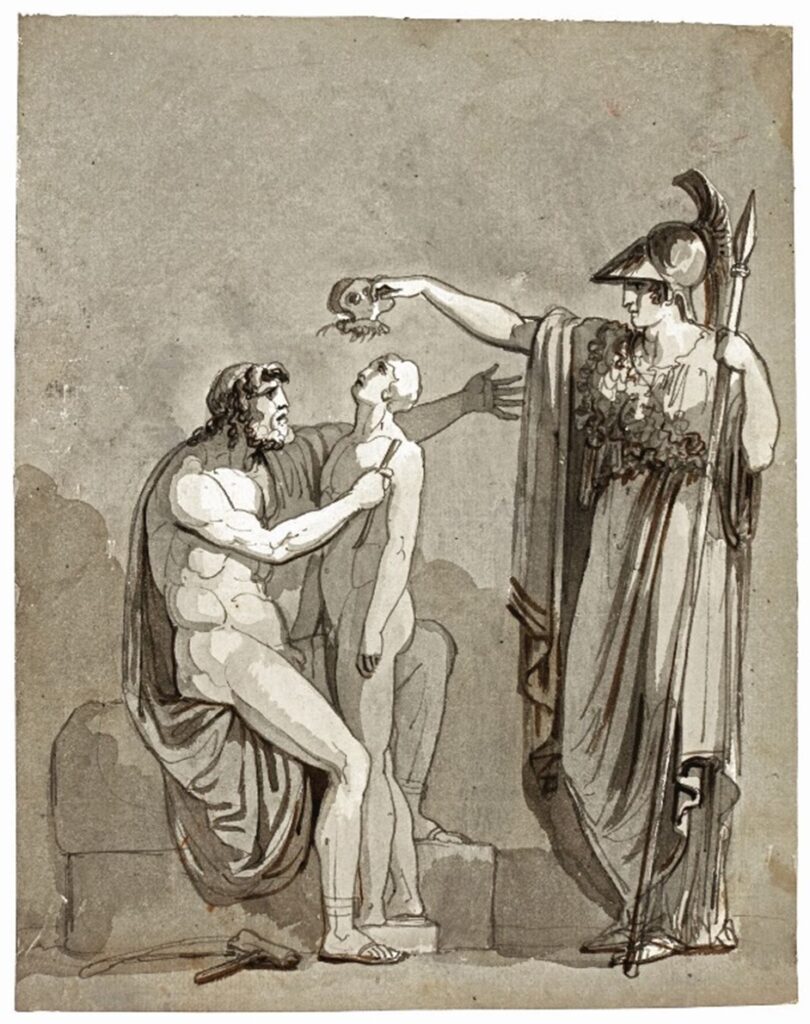
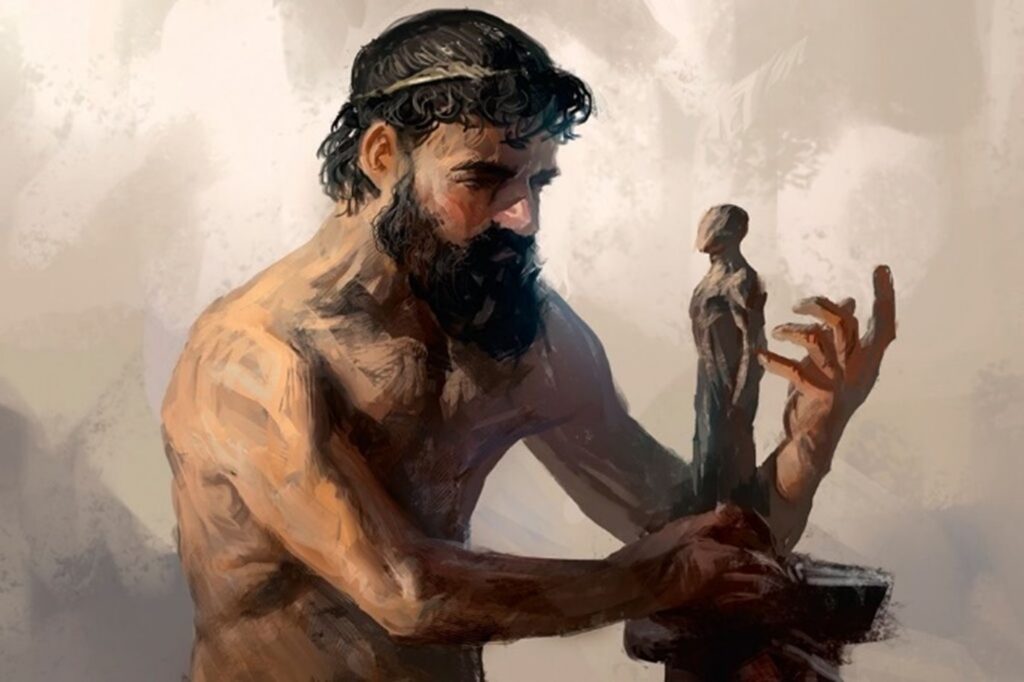
Original Sin as a Control Implement of Early Monotheistic Statism
The eurdollar/petrodollar system is depleted of collateral. Those who lived off its extractive dividends, off of spending down cultural and industrial capital, are more gripped with apocalyptic neuroticism than anytime since 1945 (Soviet union, China another communism, not withstanding), The brittle, atomized, alienated, and schizoid ideology of the Abrahamic and Marxist sequence allowed to gain life within Western institutions is laid bare. And it is still the sacrifice of the beautiful and strong, not the salvation of the weak, which is the point.
The Promethean Comedy of the West today is that the builders will once again outpace the doomers. The right brain meta, alethea and Gestalt will overcome the clutching and shallow pseudo-veritas of leftist sacrificial appeal to authority.

And one does not forget that war and conquering are just when defending Man’s noble nature against and enslavement and degradation. Heracles, the divine representative of strength and heroes whose spirit animates the training ground: the Zendo and the gymnasium. His warrior accuracy appeals to the sacred geometry of Apollo like primordial bushido. It was his arrows that destroyed the Eagle of the Caucasus to unchain Prometheus once again.
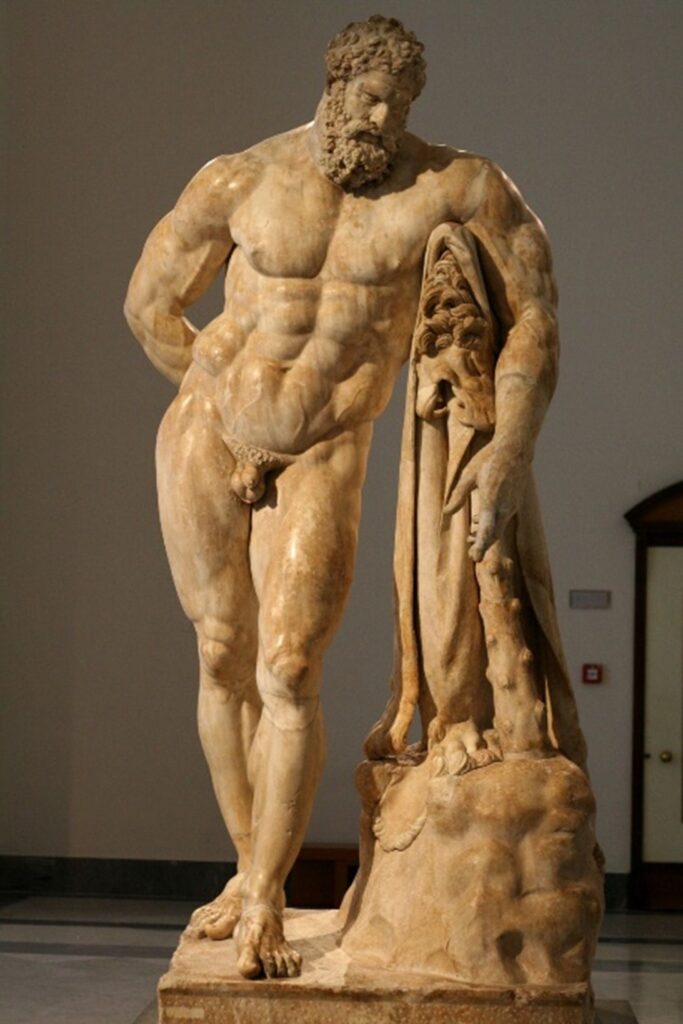
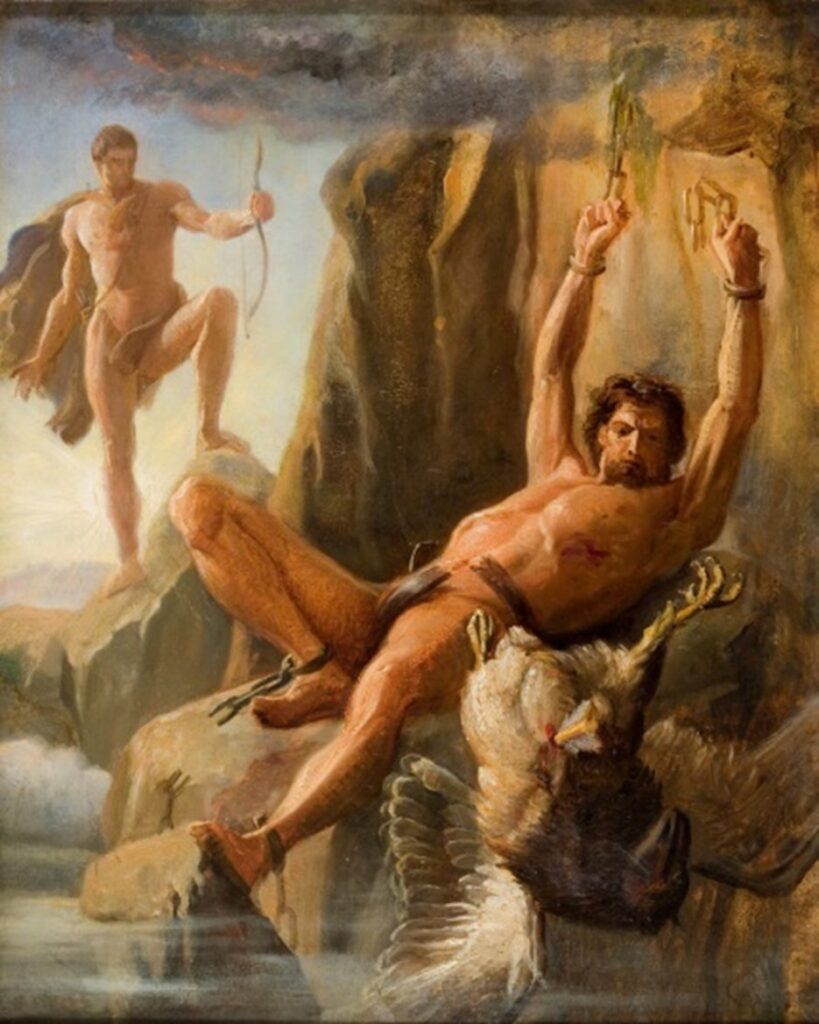
The symbol of Western revitalization, of the conquering of a foreign and alienating pseudo-culture, motivated to degrade and derange man’s fundamental Promethean vitality, must be Prometheus himself depicted in true form: Looking proudly on at Mankind, unapologetically and triumphantly, at a blue world teaming with people working for more beauty and more genius, who will not renege on the human principle, who will conquer new worlds and new discoveries after this final eschaton of sacrificialist plunder has collapsed.
Prometheus is the archetype which impels us to overcome everything in the spirit of beauty and creative will. Even that we overcome ourselves and our own nature, that we progressively dispense with our herd-like anti-ethics, and force our own evolution into greater capacity for bootstrapping and responsibility. Not as duty but as hyper-agency. This evolution is the true process of transhumanism, of overcoming human herding, pettiness, joinerism, the need for cannibalizing and spending down cultural, economic, and spiritual capital for survival, and building into greater and greater arcs of creative agency.
If his story has any ending at all, Prometheus’ is a triumphal ending. A celestial evolution above and beyond the sordid annals of Olympian/Abrahamic/Marxist sacrificialism.
Prometheus beckons to us to take possession of our dharma, of our internal guidance system, of the beauty and nobility and creative will, going forward with nothing but our internal conviction, as an inseparable inheritance we carry with us in our being.
He shouts: “Thunder it into the day – the day belongs to you. You were made to build ladders into the cosmos.”

